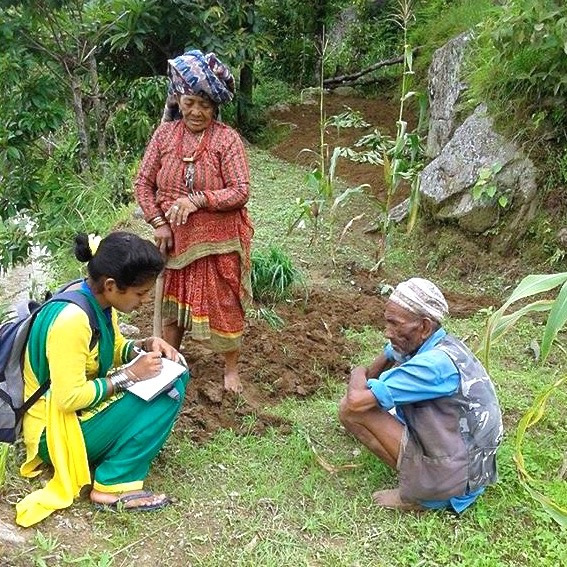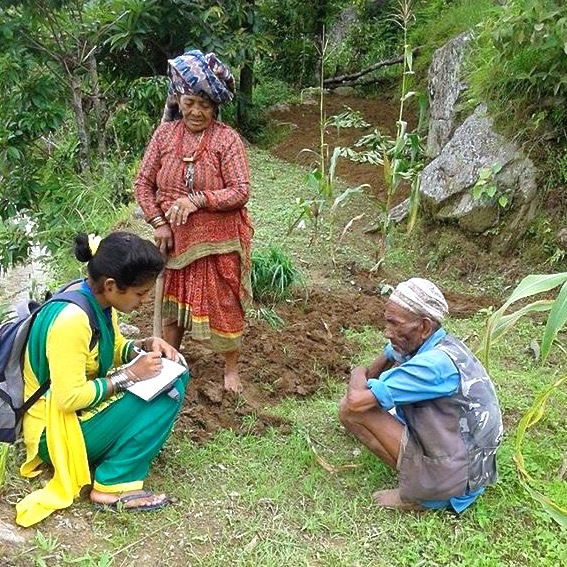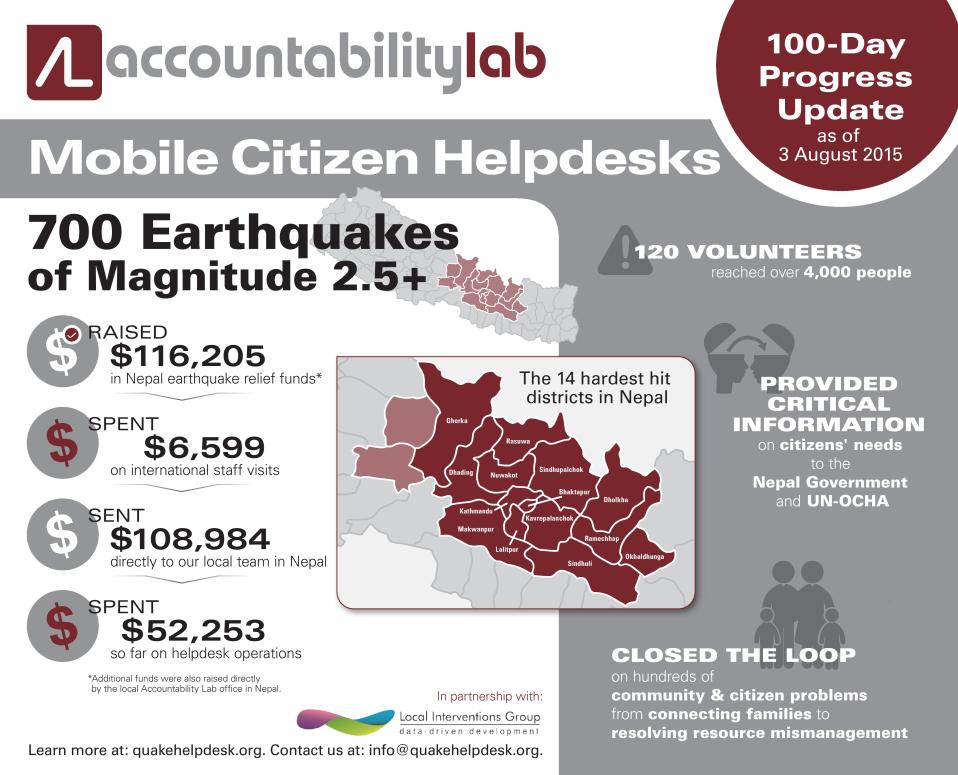NEWS
August 11, 2015

IN BRIEF
The Mobile Citizen Helpdesks (#quakehelpdesk) are coordinated groups of volunteers who are closing information gaps and building feedback loops in the worst-affected areas of post-earthquake Nepal. The Accountability Lab and Local Interventions Group launched the Helpdesks within 24 hours of the first earthquake on April 25th. Our volunteers immediately began meeting with citizens to gather information, assess needs, and help them solve difficult problems related to the earthquake. In this way they solved hundreds of problems for citizens across the country–from helping those who could not write fill in the relevant forms to access relief, to working with political parties to make sure aid […]
SHARE
The Mobile Citizen Helpdesks (#quakehelpdesk) are coordinated groups of volunteers who are closing information gaps and building feedback loops in the worst-affected areas of post-earthquake Nepal. The Accountability Lab and Local Interventions Group launched the Helpdesks within 24 hours of the first earthquake on April 25th. Our volunteers immediately began meeting with citizens to gather information, assess needs, and help them solve difficult problems related to the earthquake. In this way they solved hundreds of problems for citizens across the country–from helping those who could not write fill in the relevant forms to access relief, to working with political parties to make sure aid was distributed fairly and not along partisan lines.
Now, the volunteers are continuing to do three things:
1. Collect feedback from citizens and officials on key challenges and opportunities in the relief efforts to inform the international response; and disseminate information to help them solve problems. You can read a summary report of the first three-months of this process here, a summary infographic here; and the raw data here. The data indicates some critical issues with the recovery process, including the fact that:
- Key needs are not being addressed and satisfaction with the response of the government and donors is low;
- Citizens do not have the information they need to navigate the relief process, nor do they feel they are being heard by those in power;
- Aid is not being provided in fair or equal ways and problems affecting women in particular are not being addressed effectively.
Going forward, we will release reports on a monthly basis to help aid providers adapt in real-time to citizen concerns. This data is feeding into UN-OCHA’s Inter-Agency Common Feedback Project and informing the work of over 25 of the largest agencies and NGOs in the country.
2. Track rumors and perceptions on the ground to eliminate information gaps between the media, humanitarian agencies and citizens through OpenMic Nepal. During a crisis, survivors are faced with many uncertainties and questions. Each week, our volunteers speak to up to 450 people (in 74 locations to date) and then geo-locate, analyze, and report on the most pressing or common concerns. Bulletins with verified information on these concerns are released and posted in villages, local government offices and used by local community radio stations. They are sent on a weekly basis to 440 contacts at humanitarian agencies and 221 radio stations. Critical issues addressed so far include:
- Eligibility for financial support for the government, including grants and load to rebuild houses destroyed in the earthquakes;
- Information around the delivery of services in local communities and how/when citizens are eligible for support;
- Facts around earthquakes themselves- and the likelihood that Nepal will suffer from further aftershocks.
The team will continue to put out these weekly bulletins, which have become increasingly popular with citizens and the international community who are trying to understand how best to understand local dynamics.
3. Monitor funding and decision-making from the central to the local levels to ensure that aid is distributed in a fair and transparent way. This “Follow the Money” work is at the preliminary stages. To date our volunteers have begun to gather and synthesize budget information at the district and village level in 10 districts to understand the financial flows that are reaching the local governance structures. They will then begin to validate this information on the ground through carefully designed surveys with local government officials, NGO staff and citizens.
Thanks to the generous support of over one hundred donors around the world, we are now more than halfway towards the crowdfunding goal. Please give what you can and help us spread the word as we continue this life-saving work in the many important months ahead. For more frequent updates, visit the #quakehelpdesk website, and follow Accountability Lab on Twitter, Facebook, YouTube and Instagram.

